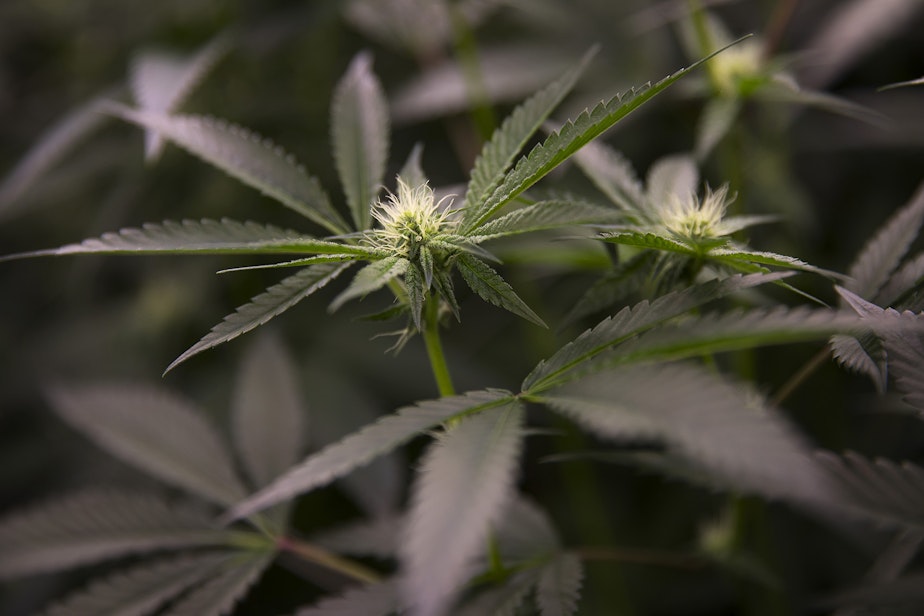Seattle considers fixing equity gap in cannabis industry

Seattle officials are trying to fix a glaring problem in the cannabis industry: a lack of Black owners.
Mayor Bruce Harrell has put forward a suite of bills to address the issue. They are now up for council consideration.
“While these policies alone cannot solve generations of injustice, they are critical first steps and a clear commitment to a One Seattle approach, where we make progress through partnership, working with state and federal leaders, industry stakeholders, and store workers to continue moving forward," Harrell said in a statement.
One measure would remove the city cannabis license fee for people in communities hit hardest by the war on drugs, such as the Black community.
One idea is to replace the current license with a social equity license, according to council staffer Brianna Thomas.
Sponsored
"We recognize the loss of Black wealth and Black business and Black ingenuity in this space and this suite of legislation does not undo that harm, but it is a step in the right direction," Thomas said.
City reports show that when Washington legalized cannabis in 2012, none of Seattle’s existing Black-owned medical marijuana businesses received licenses for recreational shops.
The City Council is scheduled to take a first vote on the bills Aug. 17.
Harrell's cannabis suite contains a total of three bills that would implement a range of approaches, including:
- Require that owners who buy a cannabis store keep the same staff for 90 days.
- Create a cannabis advisory committee.
- Work with King County and community groups to expunge convictions for cannabis-related crimes prior to 2014.
- Speed up the work of expunging past cannabis convictions.
- Develop a state and federal legislative agenda promoting cannabis equity, as well as safety improvements, capital investments, and access to banking services.
Sponsored
The council had a meeting to discuss the measures Thursday. Some community members who spoke at the meeting complained that the legislation was too vague and needed to more directly address the lack of diversity in the cannabis industry.

